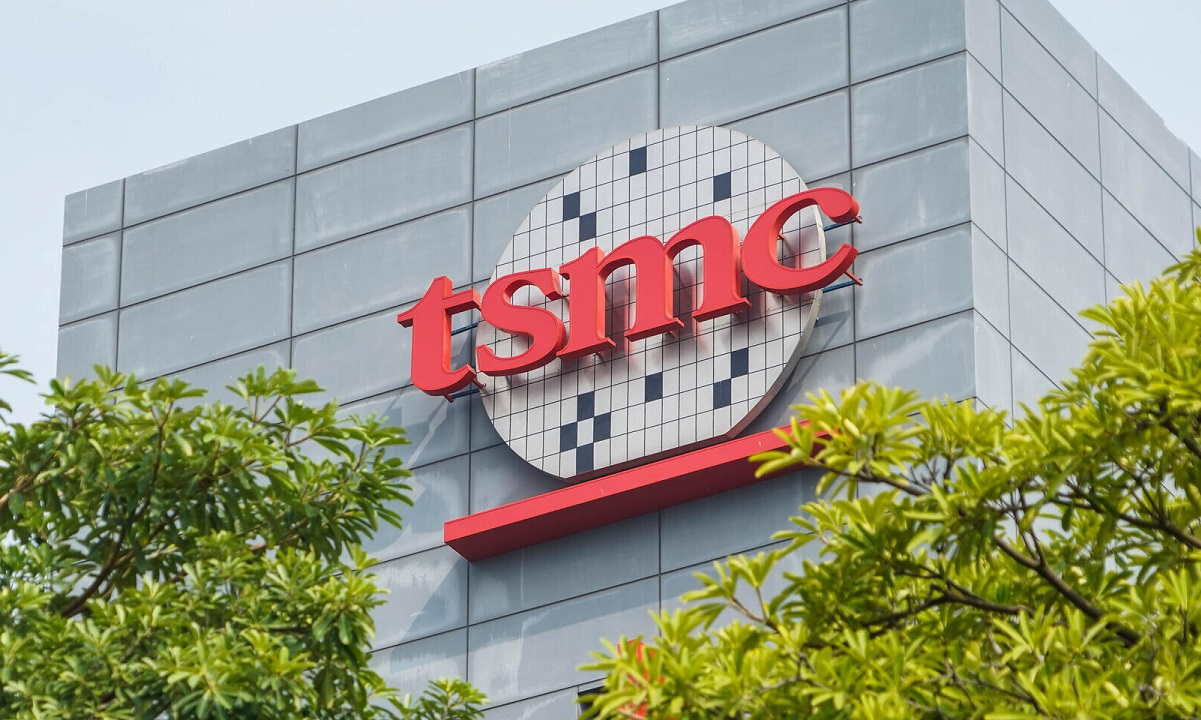TSMC to build chip plant in Arizona

ARIZONA – Taiwan Semiconductor Manufacturing Co. is planning to build a multibillion-dollar chip plant in Arizona, a potential realignment of global trade designed to allay U.S. concerns over supply chain security.
The Taiwanese company is negotiating a deal with the administration of President Donald Trump to manufacture semiconductors in the U.S. to create jobs and produce sensitive components domestically for national security reasons, according to people familiar with the situation.
“We are now actively evaluating the U.S. fab plan, there is a cost gap, which is hard to accept at this point. Of course, we have — we are doing a lot of things to reduce that cost gap.” TSMC Chairman Mark Liu said.
TSMC is the largest and most advanced maker of chips for other companies. Its factories, which are primarily located in Taiwan, produce important components designed by Apple Inc. and most of the largest semiconductor companies, including Qualcomm Inc., Nvidia Corp., Advanced Micro Devices Inc. and China’s Huawei Technologies Co. That makes TSMC a crucial part of many electronic devices, such as smartphones, laptops and servers running the internet, and corporate and government computer networks.
A cutting-edge fab is expensive to build. TSMC spent US$17 billion to build an advanced facility in the southern Taiwanese city of Tainan that will churn out components for new iPhones this year. It plans another US$$16 billion in capital spending this year.
If the federal government provides cash for a U.S. plant, it’ll mark a shift in policy and rhetoric from a Republican administration. Trump’s White House has rarely supported such direct industrial intervention, favoring market dynamics. However, emerging trends may be forcing a reconsideration. The U.S. government is already giving or lending billions of dollars to keep companies afloat in the midst of a pandemic-fueled recession. The crisis has also highlighted how vulnerable global supply chains are to such shocks.
Source: Bloomberg